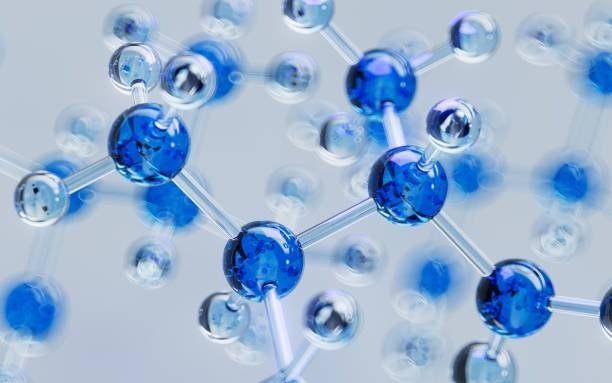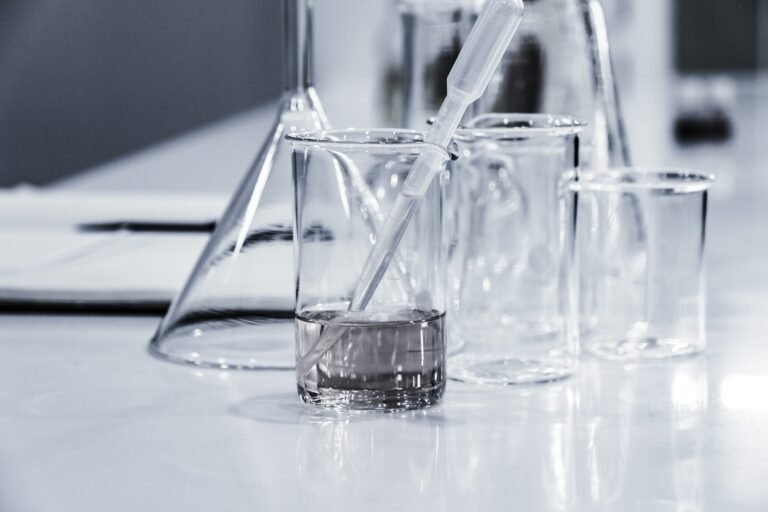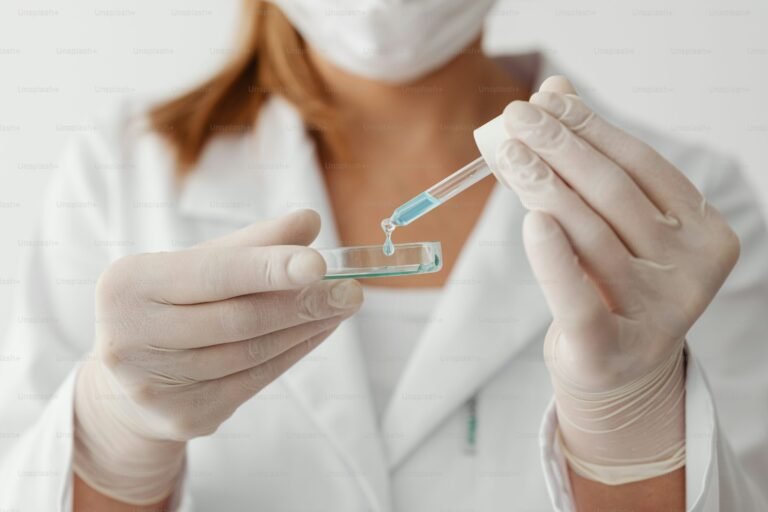One of the most common questions in peptide research is: How long do peptides take to work? The answer varies depending on the compound studied, the biological pathway involved, and the outcomes being measured.
This guide explains typical timelines observed in peptide research, the factors that influence results, and how to design studies that capture meaningful data.
Understanding Peptide Action Timelines
Peptides act as cellular messengers, binding to receptors and triggering specific biological cascades. The speed of response depends on whether they act as signalling peptides, structural peptides, or systemic regulators:
- Signalling peptides (e.g., growth hormone secretagogues) may influence measurable biomarkers within hours to days.
- Structural peptides (e.g., collagen-supporting peptides) often require weeks to demonstrate visible changes.
- Neurological peptides (e.g., SEMAX, Selank) may show cognitive or mood-related outcomes within days, while neuroprotection studies extend over months.
- Metabolic peptides (e.g., Tirzepatide, Retatrutide) demonstrate appetite suppression within days, but significant fat loss emerges over weeks to months.
Factors That Influence Peptide Timelines
- Peptide type – Short-acting peptides may produce rapid effects but require frequent dosing, while long-acting analogues act more gradually.
- Research objective – Endpoints such as muscle protein synthesis, fat loss, or cognitive enhancement operate on different timelines.
- Dosage and frequency – Within research limits, dosing frequency can affect onset speed.
- Study duration – Body composition or dermal changes often require long-term observation.
- Biological complexity – Multi-system processes such as immune modulation or metabolic regulation may take longer to manifest.
Typical Research Timelines by Peptide Type
| Peptide Class | Early Effects | Longer-Term Outcomes |
|---|---|---|
| Growth Hormone Secretagogues (Ipamorelin, CJC-1295) | Biomarker shifts within days | Physical outcomes 4–12 weeks |
| Healing & Recovery Peptides (BPC-157, TB-500) | 1–2 weeks | Tissue adaptation 4–8+ weeks |
| Cognitive Peptides (SEMAX, Selank) | Days to 2 weeks | Neuroprotection 3–6+ months |
| Skin & Collagen Peptides (GHK-Cu) | Biomarker improvements 2–4 weeks | Visible structural changes 8–12+ weeks |
| Metabolic / Fat Loss Peptides (Tirzepatide, Retatrutide) | Appetite suppression and reduced food intake within days | Significant body weight reduction typically observed over 12–24+ weeks in clinical studies |
Spotlight: Fat-Loss Peptides
Tirzepatide
- A dual GIP and GLP-1 receptor agonist, clinically marketed as Mounjaro.
- Short-term: Appetite suppression and improved glycemic markers observed within days.
- Medium-term: Significant weight reduction seen within 12–24 weeks.
- Long-term: Clinical trials report up to 20% mean body weight reduction at 72 weeks (SURMOUNT-1, NEJM 2022).
Retatrutide
- A triple agonist of GIP, GLP-1, and glucagon receptors.
- Short-term: Appetite suppression similar to Tirzepatide.
- Medium-term: Stronger metabolic effects with greater fat loss observed within 12–24 weeks.
- Long-term: Early studies show up to 24% mean weight loss at 48 weeks, suggesting enhanced potential compared to dual agonists (NEJM 2023).
These incretin-based peptides represent the most clinically validated pathway for fat-loss research to date.
Designing Research to Match Timelines
To measure peptide effects accurately, studies should be structured around expected action profiles:
- Baseline data collection (biomarkers, imaging, or performance metrics) before administration.
- Multiple checkpoints aligned with expected peptide activity.
- Adequate duration — avoid ending studies before long-term effects can emerge.
- Controlled conditions — keep diet, exercise, and environment consistent to isolate peptide-specific effects.
Why Timelines Depend on Quality
Accurate timelines require consistent peptide quality. Impure or degraded compounds lead to unreliable results and inconsistent data.
Bluewell Peptides ensures:
- GMP-manufactured peptides with >99% purity
- Independent third-party testing for verification
- Cold-chain shipping to protect stability
- Certificates of Analysis (CoA) with every order
This quality control means researchers can trust that results reflect the peptide itself — not instability or contamination.
Conclusion
The time it takes peptides to “work” in research ranges from hours to months, depending on the compound and outcome measured. Growth hormone secretagogues may influence biomarkers within days, while structural peptides act over weeks, and incretin agonists like Tirzepatide and Retatrutide deliver measurable fat-loss effects over several months.
By designing studies around these timelines — and sourcing high-purity compounds — researchers can generate reproducible, meaningful data.
Disclaimer: All peptides supplied by Bluewell are for laboratory research use only. They are not intended for human consumption, medical use, or veterinary applications.




